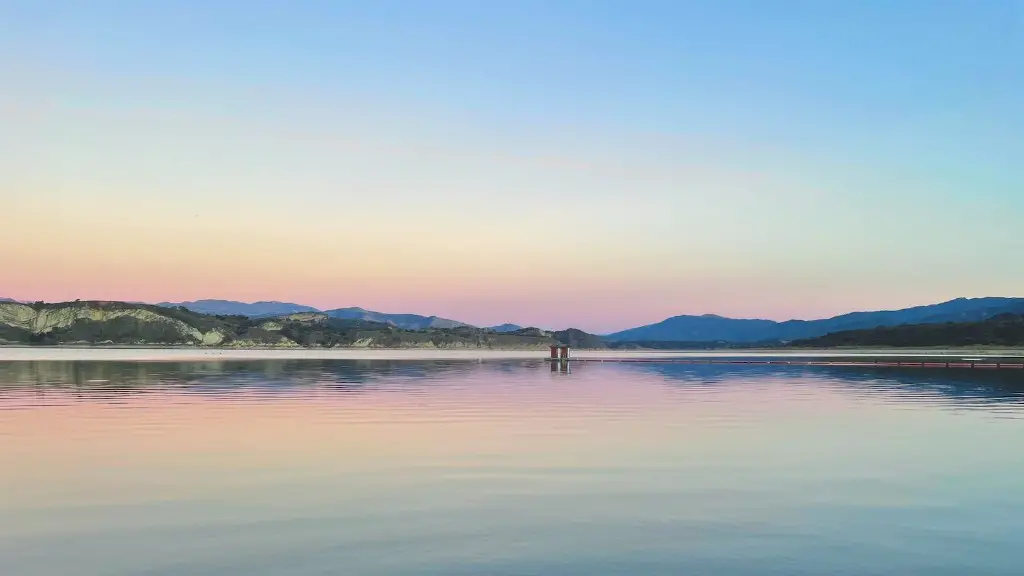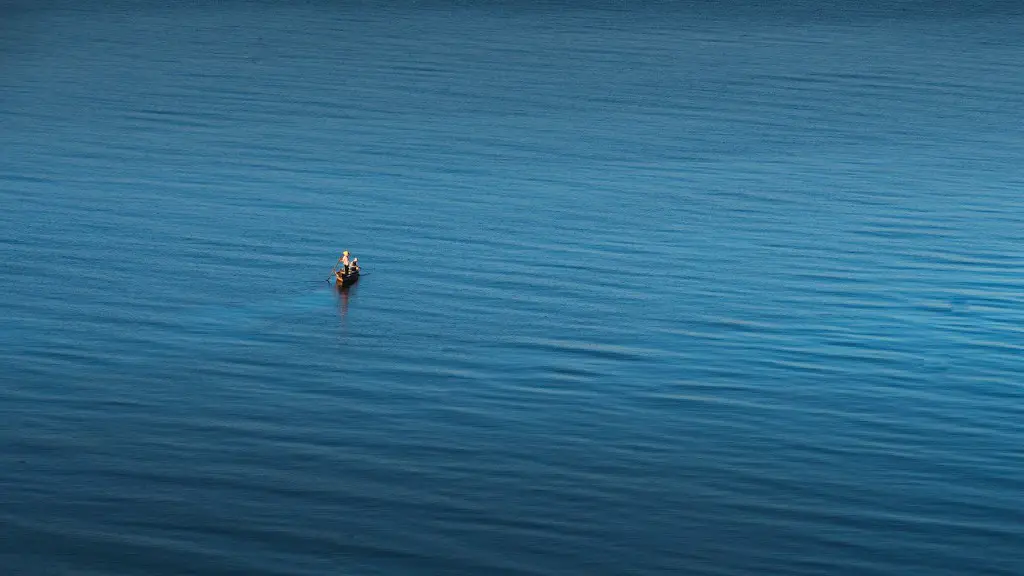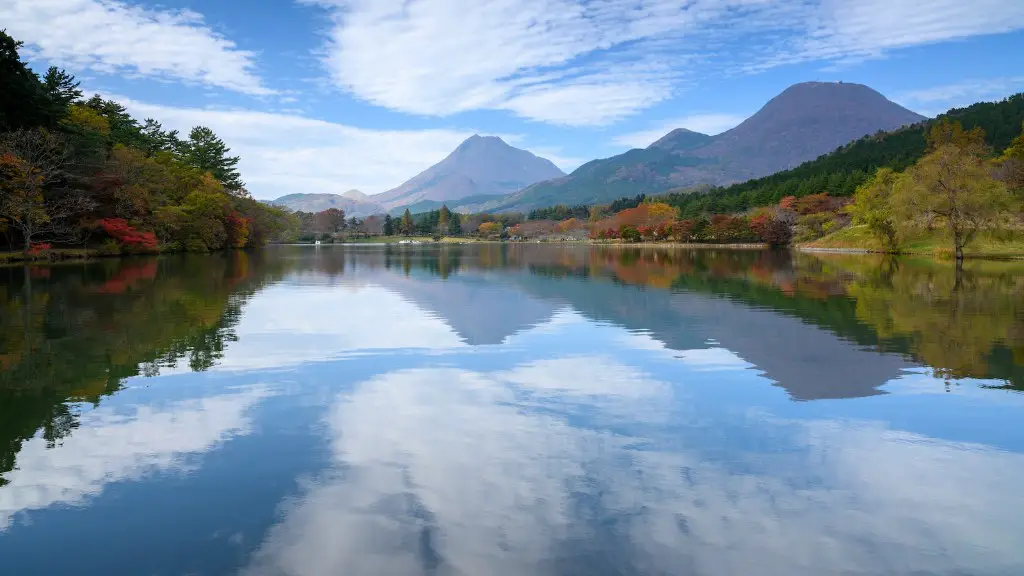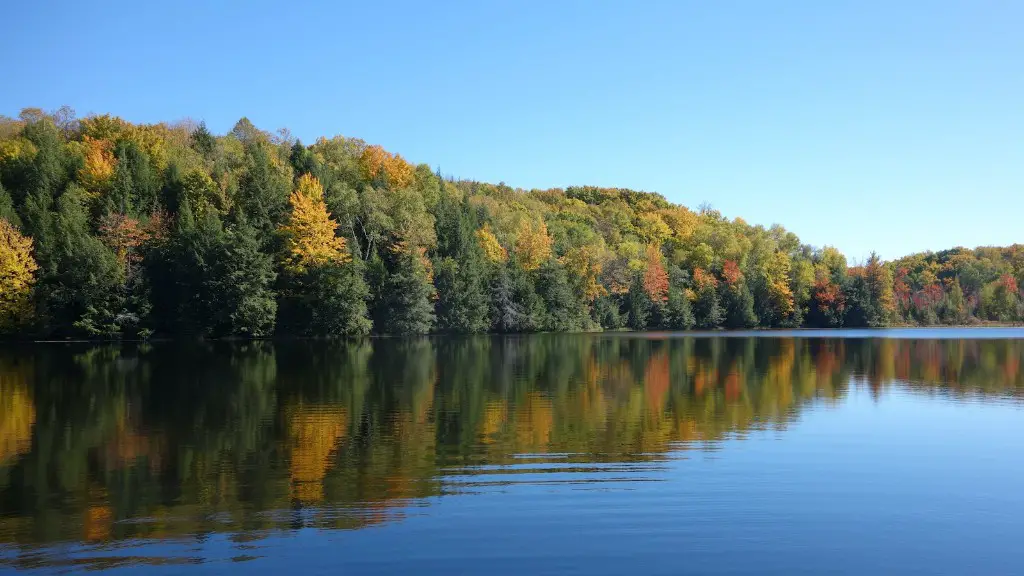Vast, clear, and beautiful, Lake Malawi has earned its place among the world’s greatest freshwater bodies. That’s why travelers the world over consider it a must-visit destination. With its mesmerizing sunrises, sunsets, and shimmering colors, it can truly be a portal to heaven. But when is the best time to visit? It really depends on what you’re looking for in terms of your own travel experience.
If you’re more interested in spotting fish, the best time to visit is November through March as the water temperature is ideal. At this time, the lake’s tropical fish are most active and can be easily spotted. This is also the time that Lake Malawi is in its darkest and clearest state, making this period the ideal time for diving.
Travelers who are more focused on experiencing the stunning and unique shoreline should plan to visit in April and May, the so-called dry season. During this time, there is heightened wildlife activity on the shores, and the beaches are especially clean and secluded. If you’re looking for a cultural experience, the dry season is when you can also catch traditional African dances and you can explore local bazaars.
Those who want to capture the unforgettable moments with their camera should visit during the rainy season, which is November through May. The contrast of the vibrant water and clouds make for the perfect backdrop and setting. August and September bring heavy rains, whoose photos fill out to create the perfect picture.
Finally, for travelers seeking warm weather and sunny skies, Lake Malawi is best visited from May to October, when the temperatures are the highest. It is the ideal time for water sports such as swimming, jet skiing, or boating. It’s also an ideal time to relax and enjoy the sound of birds and nature.
Accommodations on the Lake
The beauty of Lake Malawi cannot be overstated, so if you’re looking to stay as close as possible to it, you’ll want to consider some of the various lodges available around the lake. Whether you’re looking for a luxurious, all-inclusive resort or a more rustic and intimate experience, there are plenty of options to choose from. Many of the lodges offer private villas, which come with their own private deck, beach access, and views of the lake. You can also stay in traditional African huts that are comfortable, affordable, and have a unique charm and ambience. You can even find floating lodges and campsites on the beach that provide an incredible and unforgettable experience.
Activities
While the lake itself is a sight to behold, there are plenty of activities to keep you busy during your stay here. There are plenty of water sports and activities to choose from, including swimming, sailing, kayaking, diving, and even fishing. You can also explore the coastline for its stunning vistas, or take a boat ride during sunset to take in the breathtaking views. Of course, you can also explore the nearby islands and engage in cultural activities such as traditional dancing and music.
Best Months to Visit
The best time to visit Lake Malawi depends on what type of experience you’re looking for. For a beach getaway and sunshine, visit during the dry months of April and May. For water sports, come in the summer months of June to September. If boat rides, diving, and fishing are your thing, visit in the months of November through March. Or for a truly unique trip, visit in the peak season of November to May, when the lake is at its darkest and clearest state.
Local Wildlife
Another wonderful thing about Lake Malawi is the abundance of wildlife that can be found in and around its shores. The lake boasts a wide variety of birds, fish, snakes, and even crocodiles. Its lush jungles are home to giraffes, zebras, wildebeests, and a variety of monkeys. Take a boat ride and explore the many coves, bays, and lagoons that are home to a variety of aquatic life. You can even go snorkeling or scuba diving to spot the fish that inhabit Lake Malawi’s depths.
Festivals and Events
Lake Malawi is home to a variety of festivals and events throughout the year, giving visitors the chance to experience the rich and vibrant culture of the area. In February, there’s the annual Lake Malawi Marathon, perfect for runners who want to challenge themselves while taking in the stunning scenery. The Malawi Pottery Festival, taking place in April, is the perfect chance to try your hand at this age-old craft. And don’t miss the Mpemba Music Festival in August, where music and dance take center stage.
Accompanying People
If you’re visiting Lake Malawi with friends or family, there are plenty of activities the whole group can enjoy. The lake is the perfect spot for floating yoga, stand up paddle boarding, and sailing. Those looking for a bit of adventure can explore the nearby forest or go on a safari. Nature lovers can hike up the stunning Mlanje Mountain to take in stunning views. And don’t miss the chance to take a boat ride during sunrise or sunset, when the lake is at its most vibrant and breathtaking.
Scenery and Photoshoot Opportunities
Other than the wildlife and the vibrant culture, Lake Malawi is also renowned for its dramatic and stunning scenery. The white sandy beaches, the majestic cliffs that drop into the lake, and the ancient forests provide the perfect backdrop for an unforgettable photo shoot. Head to the nearby Nyika National Park to take in the sprawling grasslands and gorgeous views of the lake. The lakeside villages of Mangochi, Nkhata Bay, and Cape Maclear also offer amazing views, including the opportunity to spot wild animals such as zebras, elephants, and buffalo.



